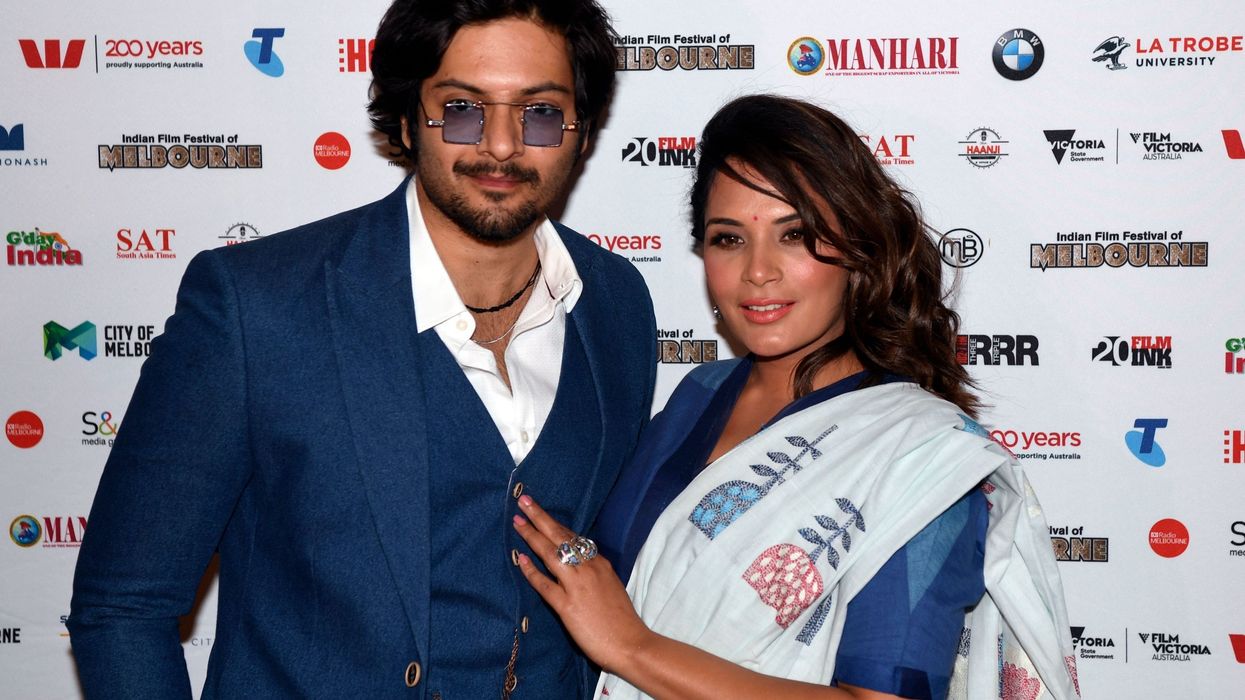By: Mohnish Singh
Popular Bollywood couple Ali Fazal and Richa Chadha have turned producers with their first production venture titled Girl Will Be Girls. The duo will bankroll the upcoming project under their newly launched production house Pushing Buttons Studios.
With their production house, Fazal and Chadha aim to tell stories rooted in the Indian ethos for a global audience. Girl Will Be Girls, which is currently in the pitching stage under their banner, will be written and directed by debutant Shuchi Talati.
Girls Will Be Girls is the only Indian script invited to the prestigious Berlinale Script Station 2021, a lab that selects only 10 projects from around the world each year. It is also the only Indian project at the Jerusalem Script Lab this year where it will be presented formally at the Jerusalem Film Festival in July. Previously, Ritesh Batra’s second film, Photograph (2019), had also participated in the same programme.
The film is set in an elite boarding school in a small Himalayan hill town in the North of India. It follows the story of sixteen-year-old Mira, whose rebellious coming-of-age is hijacked by her mother who never got to come-of-age.
Talking about the film, Richa Chadha says, “The world that Shuchi has created is relatable, often cruel but never hopeless or nihilistic. Its honest awkwardness will make you chuckle, not weep. It’s full of relatable, lived-in episodes that one finds oddly satisfying - like popping a zit. The mother in our story routinely dodges the self-sacrificing stereotype of the typical Indian mom – she is complicated, grey, and not a martyr. The dynamic between mother and daughter is so under-explored in Indian and world cinema that the possibilities of Girls Will Be Girls presents are very exciting."
Ali Fazal adds, “This is the first time that Richa and I are collaborating on a film as producers and the experience so far has been very rewarding. This film being our first is close to our hearts. I am also excited that our studio will enter the market with such a progressive, female-led story. We hope to be able to tell thought-provoking and universal stories with humour and love.”
Claire Chassagne of Dolce Vita Films will also be a co-producer on Girls Will Be Girls, thus turning the film into an Indo-French co-production venture.













